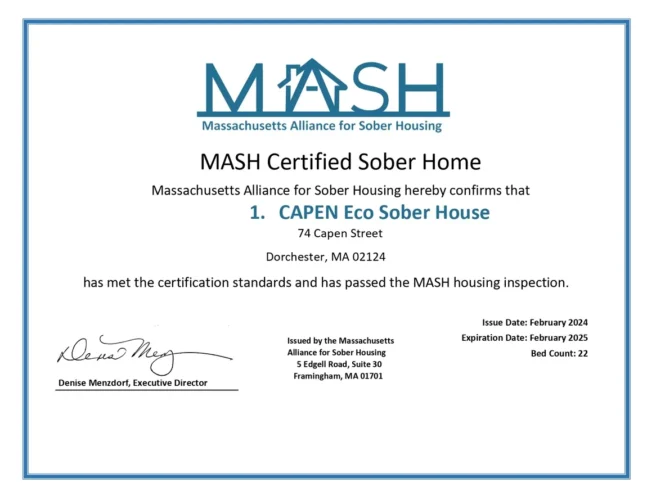
I also learned when to say no to events I would have typically persevered with, previously leaning on alcohol to help me socialise when I wasn’t in the mood. Birthday parties came and went, and I discovered what it was to really be in the room with the people I love. I was chasing the feeling that I got after a glass of wine, and I found myself regularly day-dreaming about drinking again. From wine to spirit alternatives, I was sampling as many as I could find (or afford – some are quite expensive). I don’t know what surprised my friends and family more—that I was trying it in the first place or that I was going to (mostly) stick with it. Withdrawal symptoms may not follow this exact chronology depending on factors such as duration and frequency of alcohol use.
Contact Professional Help

No longer using those events as an opportunity to drink cider as quickly as a child with a carton of juice, I was focused instead on the friends around me. Summer rolled around, full of celebrations, and I was thrown into a world of socialising without alcohol. I had one cold that lasted five days following a flight, and one sore throat after eating sweets coughed on by a sick child (how I expected immunity I do not know), but no other illness. In the gym my recovery times felt quicker, and my face began changing. I went to a bar that exclusively served soft drinks, and convinced myself the next 11 months would be easy. The first month was easy as so many others how to taper off alcohol around me were also not drinking.
Benefits To Drinking Less Or Quitting Alcohol
Over time, you can decrease the what is Oxford House alcoholic drinks while increasing the non-alcoholic ones while still following the same behaviors you were used to. That’s why it’s vital to have support while tapering off alcohol. Here are some tips and strategies for how to taper off alcohol safely. Jeff’s work has been used in rehabs across the country as tools to help patients achieve sobriety.
Set Realistic Drinking Goals
Someone who has been drinking heavily for a long period may struggle with cravings and alcohol withdrawal symptoms, leading to relapse. Safe alcohol withdrawal is an important part of starting a recovery process. For this reason, you should not abruptly stop alcohol use after a long period of heavy use without medical supervision. Instead, slowly cutting back on your drinking or using an alcohol tapering schedule is a safer method to become sober. Consultation with a medical professional or recovery coach is strongly recommended.

What Happens to the Body When You Stop Drinking?
- This transparency allows for the creation of a supportive environment where your decision is respected.
- This means that an unsuccessful tapering attempt isn’t just a failed attempt; it can actually be harder to try again in the future.
- If a person abruptly stops drinking alcohol within 6 to 8 hours they will experience hyperactivity, anxiety, tremors, sweating, nausea, and confusion.
- There’s no set time frame for tapering off alcohol that works for everyone.
- The reason for weaning off alcohol instead of quitting cold turkey is to reduce the severity of withdrawal symptoms.
- So it surprised many of my friends and family when I decided to give up drinking.
Working with a medical professional to taper your alcohol consumption can help the likelihood and severity of alcohol withdrawal symptoms. Instead of quitting alcohol cold turkey, you can steadily reduce your consumption so that your body has time to gradually readjust to absence of alcohol. It’s important to note that stopping drinking can be dangerous and even life-threatening. It’s vital to speak with a medical professional before you begin weaning off alcohol to ensure you have a plan to do so safely.
This pause reduces the urge to binge, important for contexts like college settings, where the pressure to drink can be intense. An awareness of such habits and triggers not only supports moderation but enhances overall well-being. Setting clear limits on alcohol intake is essential for managing consumption. For women and older men, the guideline suggests no more than one drink per day, while younger men may have up to two. This establishes a foundation for healthier drinking patterns and serves as a guiding structure to avoid overindulgence.

- An awareness of such habits and triggers not only supports moderation but enhances overall well-being.
- It’s vital to do this under the supervision of a medical professional to ensure the process is safe and smooth.
- That could be because alcohol is dehydrating and I’m drinking much more water now, especially at night.
- Once you’ve changed to a less alcoholic option, you can gradually reduce your drink amount.
Find an accountability partner or someone you can call to keep you on track when you want to drink. Build a network of people you can go https://ecosoberhouse.com/ to when you need help, join a support group or see a therapist. To create an effective taper, you must know how much you drink daily on average. It can be easy to underestimate how much you drink, and being as accurate as possible is important. By Buddy TBuddy T is a writer and founding member of the Online Al-Anon Outreach Committee with decades of experience writing about alcoholism.
